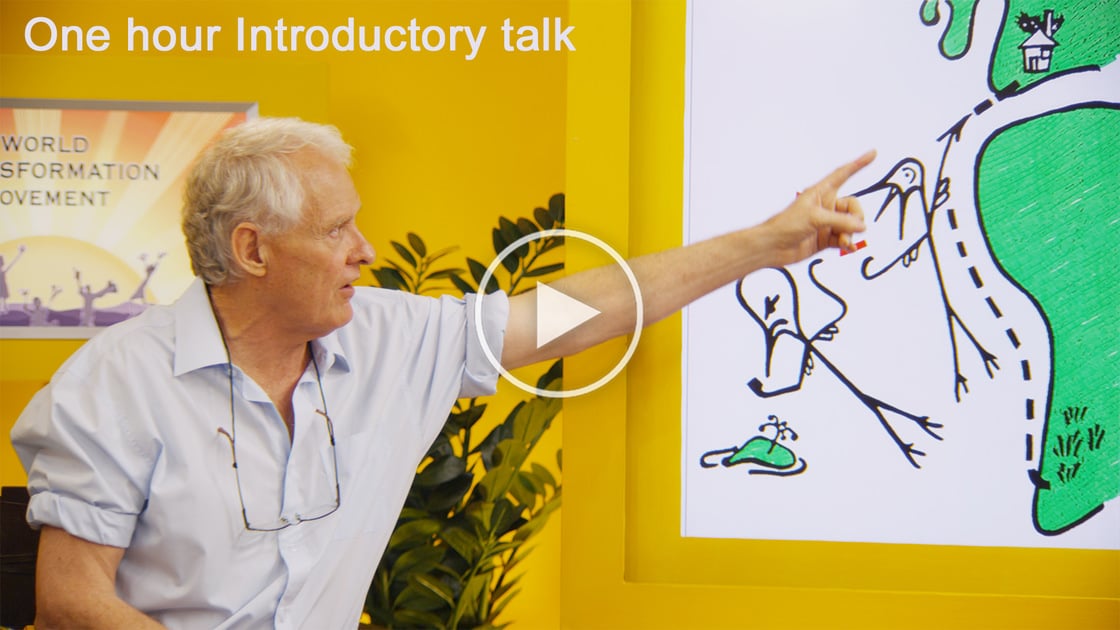Understanding the Deaf Effect: Confronting the Human Condition
Freedom Essay 12 One-hour summarising talk 🔗

The presentation introduces the WTM Deaf Effect Course, aimed at addressing the psychological barriers that prevent people from confronting the complexities of the human condition. Jeremy Griffith discusses the concept of the "Deaf Effect," which makes individuals resistant to understanding their flawed nature due to deep-seated fears and denial. He explores the paradox of human behavior—where we aspire to be cooperative and loving yet often act competitively and selfishly. The text delves into how this conflict has led to psychological distress and alienation, particularly in adolescents. Griffith argues that the ultimate understanding of our condition is crucial for healing and transformation, emphasizing that science can finally provide the necessary explanation to unravel the human condition's mysteries.
- The "Deaf Effect" hinders understanding of the human condition.
- Humans exhibit contradictory behaviors, being both capable of love and selfishness.
- Adolescents face psychological turmoil grappling with their nature.
- Understanding of the human condition can lead to psychological healing and transformation.
What is the "Deaf Effect"?
The "Deaf Effect" refers to a psychological resistance to understanding discussions about the human condition due to fear and denial.
How does the presentation address the issue of human behavior?
It explores the paradox of human nature, highlighting the conflict between our ideal behaviors of cooperation and love versus our actual behaviors of competition and selfishness.
Why is understanding the human condition important?
Understanding the human condition is essential for psychological healing and transformation, enabling individuals to confront and resolve the inner conflicts they experience.